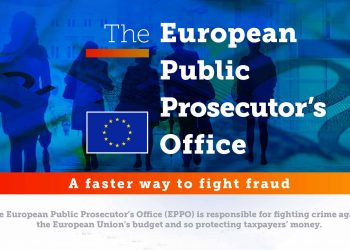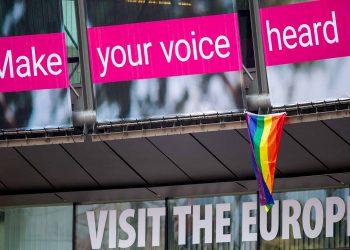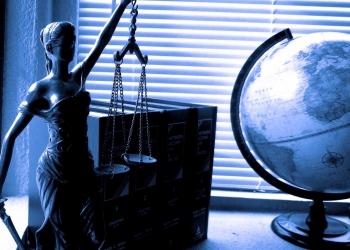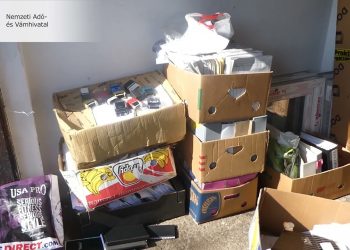Drug legalization calls for a return to the pre-20th century situation in which almost all drugs were legal. This would require ending government-enforced prohibition on the distribution or sale and personal use of specified (or all) currently banned drugs.
Decriminalization – Depenalisation – Legalization – Liberalization
The European Monitoring Centre for Drugs and Drug Addiction (EMCDDA) defines decriminalization as the removal of a conduct or activity from the sphere of criminal law; depenalisation signifying merely a relaxation of the penal sanction exacted by law. Decriminalization usually applies to offences related to drug consumption and may include either the imposition of sanctions of a different kind (administrative) or the abolition of all sanctions; other (noncriminal) laws then regulate the conduct or activity that has been decriminalized. Depenalisation usually consists of personal consumption as well as small-scale trading and generally signifies the elimination or reduction of custodial penalties, while the conduct or activity still remains a criminal offence. The term legalization refers to the removal of all drug-related offences from criminal law: use, possession, cultivation, production, trading, etc.
Drug liberalization proponents hold differing reasons to support liberalization, and have differing policy proposals. The two most common positions are drug legalization (or re-legalization), and drug decriminalization.
Consumer market for cannabis in Europe
The cannabis market is now more diverse than ever before, with the potency of available products generally higher than in the past. These changes suggest a less benign image of the drug and a far more professionalised, commercial supply than the popular characterisation of cannabis in the 1960s and 1970s. However, it is not clear if these changes are driven by consumer preference or the changes in the production and supply. This is an area that merits further investigation to inform the current debates around the liberalisation of cannabis control. (EU Drug Markets Report)
What really happened when Portugal decriminalised all illegal drugs in July 2001
Drug liberalization is the process of eliminating or reducing drug prohibition laws. Variations of drug liberalization include: drug legalization, drug relegalization and drug decriminalization. Whilst many people would argue that decriminalization will only cause an increase in usage, studies from California and Colorado, two states who implemented the policy, found that ‘”decriminalization” of marijuana possession had little or no impact on rates of use, and found that it was effective in reducing drug usage due to better control.’
US Drugs liberalization
It was 1971 when President Richard Nixon declared a “war on drugs.” $2.5 trillion dollars later, drug use is half of what it was 30 years ago, and thousands of offenders are successfully diverted to treatment instead of jail. And yet, 22 million Americans-9% of the population-still uses illegal drugs, and with the highest incarceration rate in the world, we continue to fill our prisons with drug offenders. Decimated families and communities are left in the wake. Is it time to legalize drugs or is this a war that we’re winning?
– Intelligence Squared U.S. Presents “Legalize Drugs” with Paul Butler and Nick Gillespie for the motion, Asa Hutchinson and Theodore Dalrymple against the motion. Moderated by John Donvan.
#Cannabis market is now more diverse.
History has shown that drug prohibition reduces neither use nor abuse.
Legalize Drugs means Decriminalization – Depenalisation – Legalization – Liberalization?
EU Debates! You?
Your opinion counts!















Bonjour
Arrêter de mettre tous vos débats en anglais, avec traducteur incapable et mettre sur votre youtube possibilité de voir les sous-titres dans nos langues maternelles
Arrêter de nous transformer en anglais, nous sommes 27 pays et donc respectez nous, car tout le monde ne sais pas l’anglais
je parle moi même plusieurs langages mais pensé un peu aux autres arrêter de nous imposer cette langue anglaise commercial, c´est désolant et nous ne nous sentons plus européens mais brexiter’s avec cette langue
espérant avoir votre réponse au plus vite, ne m´ignorez car sinon vous perdrez une européenne comme il y en a beaucoup